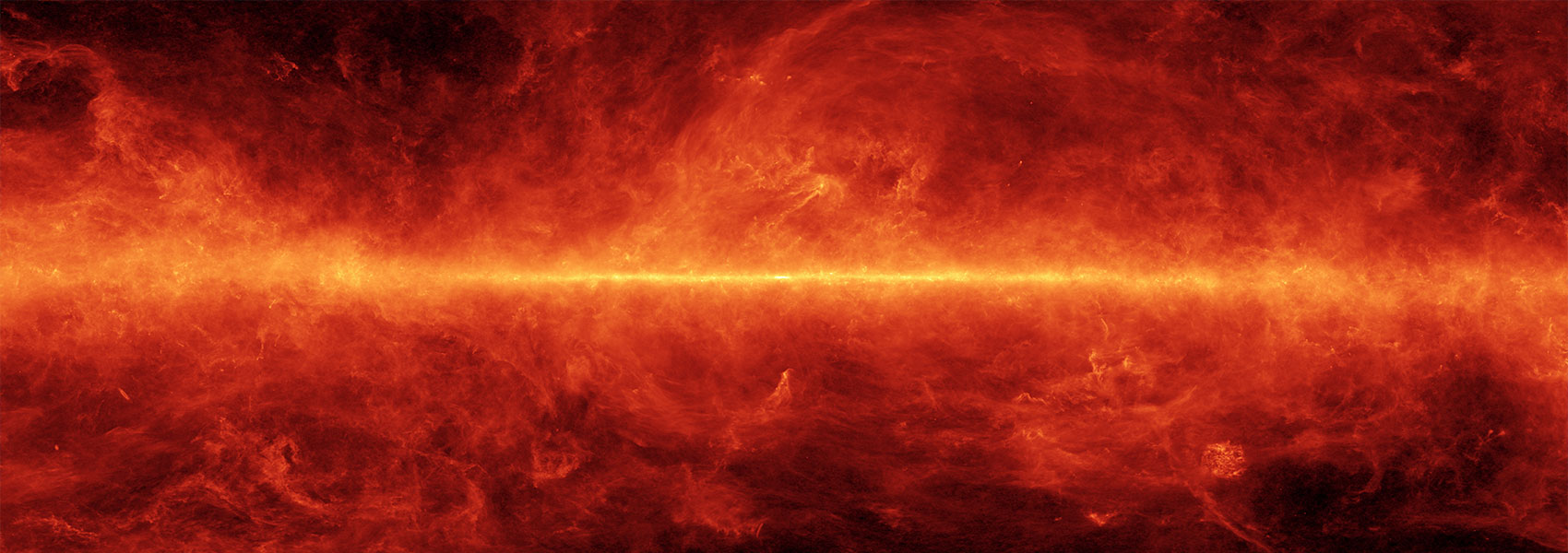The U.S. National Radio Astronomy Observatory (NRAO) recently engaged the broad scientific and technical communities in the design of a next-generation Very Large Array (ngVLA), a large-scale research infrastructure project under development for the National Science Foundation Astronomical Sciences Division (NSF-AST). The ngVLA, which was strongly endorsed by the Astro2020 Decadal Survey as an essential research facility whose construction should begin this decade, is envisaged as an interferometric array with ten times greater sensitivity and spatial resolution than the current VLA and ALMA, operating in the frequency range of 1.2 - 116 GHz. Replacing both the VLA and VLBA, the ngVLA will be optimized for observations in the spectral region between the superb performance of ALMA at mm and sub-mm wavelengths, and the future Phase I Square Kilometer Array (SKA-1) at decimeter-scale and longer wavelengths. Consequently, the ngVLA will tackle a vast range of key, outstanding questions in modern astrophysics by simultaneously delivering the capability to: unveil the formation of Solar System analogs on terrestrial scales; probe the initial conditions for planetary systems and life with astrochemistry; chart the assembly, structure, and evolution of galaxies from the first billion years to the present; use pulsars in the Galactic Center as fundamental tests of gravity; and understand the formation and evolution of stellar and supermassive black holes in the era of multi-messenger astronomy. In this talk I will provide an overview of the broad ngVLA science case, an update on the project status, and discuss its complementarity with other instruments and facilities anticipated in the coming two decades.



